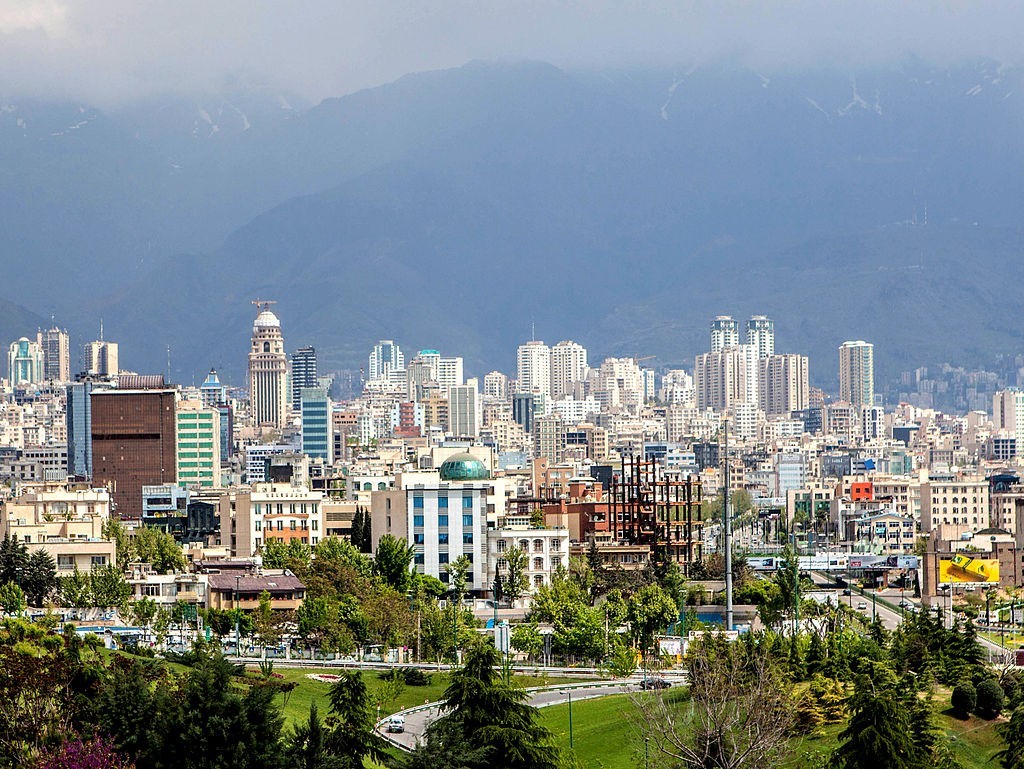
Like the oil tankers that Iran hopes will ship its newly unsanctioned oil to the global markets place, any change to the global market will take time to alter course, according to a leading Middle East expert.
Professor Scott Lucas, of the University of Birmingham’s Political Science and International Studies department, said that Iran was unlikely to find a queue of eager buyers in a world awash with oil. Its stated intention of getting 500,000 barrels of crude a day would not have a significant impact on an an already cripplingly low oil price that sits well below $30 per barrel.
“Sanctions will take time unpeel. It’s not just a case of filling up those tankers and sending them out.”
Lucas added: “They might be able to get some of that oil to market, but there’s only so much they’ll be able to see in the short term, mainly in Asia. China has already been stockpiling supplies, so there isn’t even a big market there for Iranian oil.
“They could have more success in India, but Saudi Arabia’s whole policy of maintaining market share, (which has been a major factor in the oil price crash) has taken into account the possibility of Iranian sanctions being lifted as part of the nuclear deal.”
Barclays analysts wrote in a research note to investors that the anticipated ramp-up in Iranian production comes “at a very bad time” for the oil market given the existing pressure on prices.
“It is too early to say what kind of market impact Iran’s return will have or how much of Iran’s return is already priced in,” they wrote.
“Our view is that Iranian wellhead production and sales from existing onshore and offshore storage will surprise the market initially, as the country shows its muscle, leading to downward price pressure.”
Lucas said the impact may be less that many believe.
He added: “Most the of their immediate supply has already been factored in to oil futures, therefore I don’t see the oil price being hugely influenced by it. They really need investment in their oil fields and for that they need foreign companies, but that may not be as straightforward as the Iranian government and western companies might wish it to be.”
Lucas said that many western companies would be eyeing opportunities in the Islamic republic, however hardliners and factions within the Iranian Revolutionary Guards would be in no hurry to see foreign investment.
“The Revolutionary Guard have an economic vested interest in keeping foreign investment out. They have a major interest, through their economics and logistics branch, in the energy economy and they do not want to lose that. We are seeing a real struggle between reformers and hardliners in Iran and it remains to be seen how that plays out.
“The Iranian regime is beset by in-fighting where one of its leading factions might see an advantage in turning on nuclear deal.”
Iran unveiled a new model of oil contracts in November aimed at attracting foreign investment in anticipation of the lifting of sanctions.
It has sweetened the terms of the new model, hoping to bring in 30 billion US dollars (£21 billion) in new investment.
The new contracts last 15 to 20 years and allow for the full recovery of costs. The older buyback model contracts were shorter term, and investors complained of heavy risks and suffering losses.